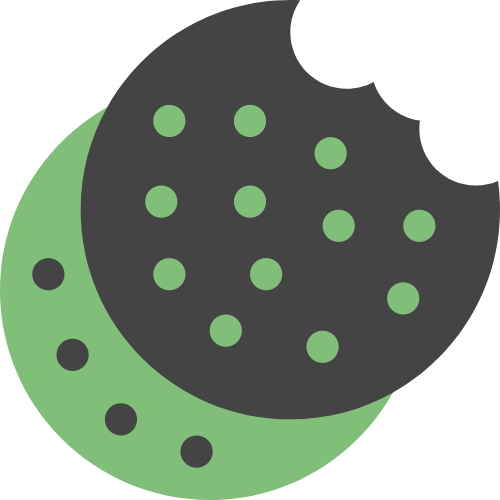- Getting Started
-
by k.mammasis
Functional foods can play an important role in disease prevention by providing specific nutrients or components that have been shown to have health-promoting effects. By consuming functional foods as part of a balanced diet, individuals may be able to reduce their risk of developing certain diseases and maintain overall health. Some examples of functional foods and their potential health benefits include:

Probiotic foods
Probiotic foods, such as yogurt and kefir, contain beneficial bacteria that can help to improve gut health and boost immune function. By supporting a healthy gut microbiome, probiotics may help to prevent conditions such as inflammatory bowel disease and reduce the risk of infections. You may also want to read more about our fermented pomegranate concentrate, which originates from natural fermentation and offers a unique complex of enzymes and bioactive compounds to your body.
Omega-3 foods
Omega-3 fatty acids, found in foods such as algae, fatty fish and flaxseeds, have been shown to have anti-inflammatory effects and may reduce the risk of heart disease, stroke, and other chronic conditions.
Fruits for oxidative stress
Fruits and vegetables that are high in antioxidants, such as pomegranate, blueberries and kale, can help to protect cells from damage caused by free radicals and reduce the risk of chronic diseases such as cancer and heart disease.
Fortified Foods
Fortified foods, such as cereals and breads that are enriched with vitamins and minerals, can help to prevent nutrient deficiencies and support overall health. Always look out for whole-grain based products.
Summary
By incorporating functional foods into your diet, you can help to support your health and contribute to disease prevention. However, it’s important to note that functional foods should not be relied upon as a sole treatment for any medical condition, and individuals should always consult with a healthcare provider before making significant changes to their diets.














